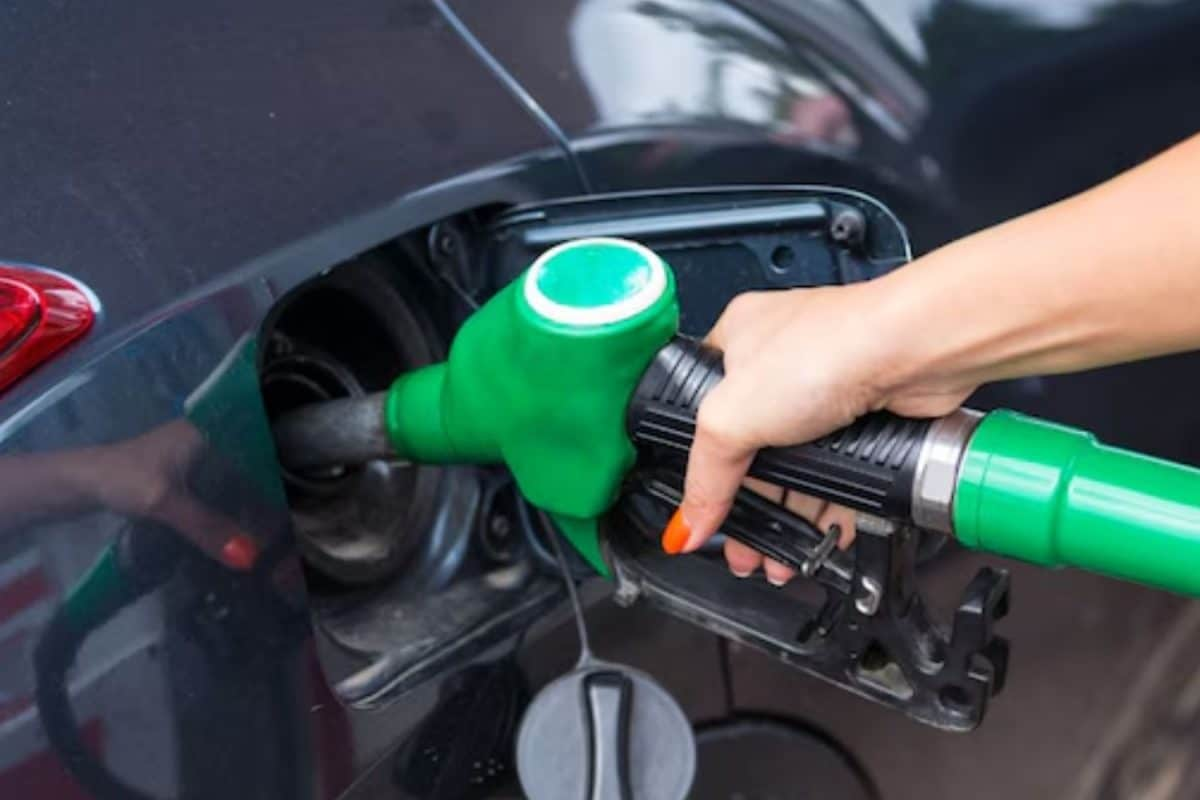

As of July 30, 2025, petrol and diesel prices across India remain a crucial factor influencing the country's economy and household budgets. Fuel prices in India are dynamic and influenced by a combination of international crude oil prices, domestic tax structures, and currency exchange rates. These factors contribute to daily price revisions at 6 AM, a practice known as dynamic fuel pricing, which aims to enhance transparency and curb speculative activities.
Current Prices in Major Cities
Today, July 30, 2025, petrol prices in major Indian cities are as follows:
Diesel prices in Delhi stand at ₹87.62 per litre. These rates reflect no change from the previous day, indicating a period of relative stability in the market.
Regional Variations
While metro cities maintain relatively stable prices, regional variations exist. For example, in Odisha, petrol prices in Bhubaneswar are ₹101.29 per litre, while diesel is sold at ₹92.20 per litre. The highest fuel prices in Odisha are recorded in the Malkangiri district, with petrol at ₹102.99 per litre and diesel at ₹94.49 per litre. Conversely, Andaman & Nicobar (North & Middle Andaman) currently have the lowest petrol price in India, at ₹82.46 per litre. Andhra Pradesh (Sri Sathya Sai) has the highest petrol price in India at ₹110.34 per litre.
Factors Influencing Petrol and Diesel Prices
Several factors contribute to the fluctuations in petrol and diesel prices in India:
Historical Trends and Future Outlook
Petrol prices in India have generally increased from 2004 to 2025, influenced by government policies, global prices, taxation, and inflation. The trend has seen fluctuations, with periods of stability and sharp increases, often tied to changes in crude oil prices and domestic taxation policies. The increasing adoption of renewable energy sources may influence future petrol price trends by potentially reducing consumer demand.
Impact on Consumers and Economy
Rising fuel costs directly affect consumers, increasing transportation expenses and potentially driving up the prices of essential commodities. This can lead to inflationary pressures, prompting the Reserve Bank of India (RBI) to adjust interest rates to manage the economy. Diesel price increases particularly impact transportation costs, as the majority of commercial vehicles rely on diesel.
Possible Price Reduction
In Pakistan, there is anticipation of a price decrease of up to Rs9.7 per litre for petrol and Rs3.73 for diesel starting August 1, following a drop in global oil prices. While this does not directly affect Indian prices, it highlights the influence of international market trends on regional fuel costs.